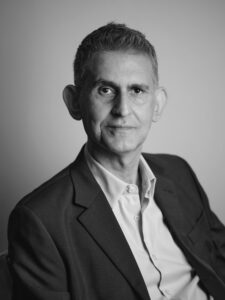
Liberation Philosophy
Liberation philosophy seeks to contribute to the liberation of the oppressed and to the creation of a more just society. A meliorative philosophy is one that improves human lives. A liberation philosophy can be regarded as meliorative only if it has a compelling theory of change. A theory of change for philosophical interventions should explain how they can contribute to social, political, or economic change. The main components of such a theory are identified and shown to be present in the work of the best liberation philosophers, such Martin Luther King Jr.. A meliorative philosophy improve human lives by, among other things, providing the kind of guidance that leads to better decision-making and improved conduct. Philosophy should conceive of the guidance it offers as co-created and reflect on the conditions for effective co-creation. The distinctive virtues of meliorative philosophy, including liberation philosophy, are personal qualities that enable co-creation. These include humility, practicality, an openness to diverse perspectives, and an instinct for lived complexity. There are philosophical purists who reject the demand that philosophy should answer to practical needs. We should be sceptical about some of the claims made by philosophical purists.
Quassim Cassam is Professor of Philosophy at the University of Warwick, an Honorary Fellow of Keble College, Oxford, and a Fellow of the British Academy. He was previously Knightbridge Professor of Philosophy at Cambridge, a Professor of Philosophy at UCL, and Reader in Philosophy at Oxford. He was a Fellow of Wadham College, Oxford, from 1986-2004. He has been a Mind Senior Research Fellow, an AHRC Leadership Fellow, and President of the Aristotelian Society. He is the author of seven books Extremism: A Philosophical Analysis (Routledge 2021), Vices of the Mind: From the Intellectual to the Political (Oxford 2019), Conspiracy Theories (Polity 2019), Self-Knowledge for Humans (Oxford 2014), Berkeley’s Puzzle: What Does Experience Teach Us? with John Campbell (Oxford 2014), The Possibility of Knowledge (Oxford 2007), and Self and World (Oxford 1997). His next book, co-authored with Richard English, will be on the philosophy of terrorism.
The Aristotelian Society, founded in 1880, is a charity registered in the United Kingdom (no. 254021).
© The Aristotelian Society 2021. All rights reserved.